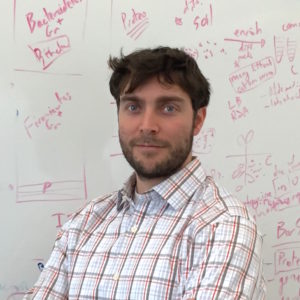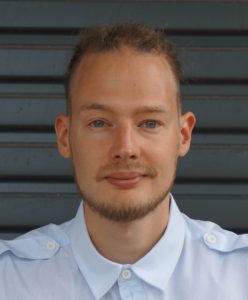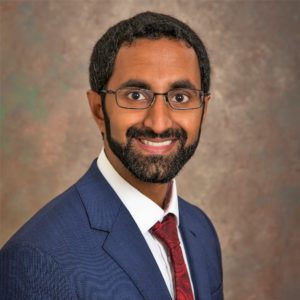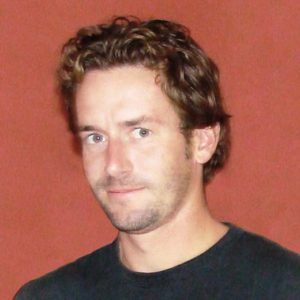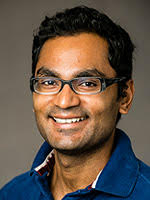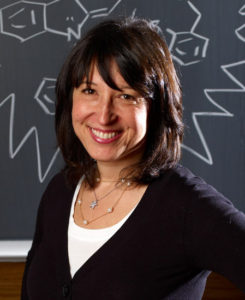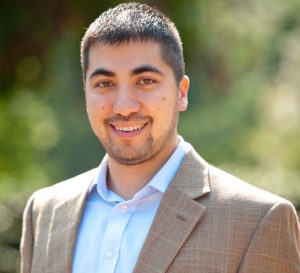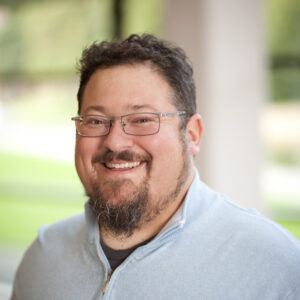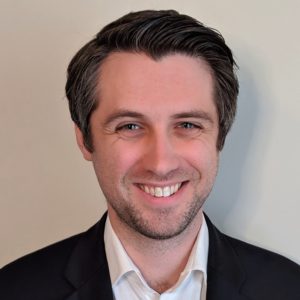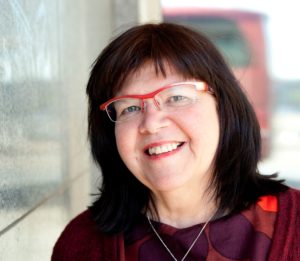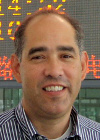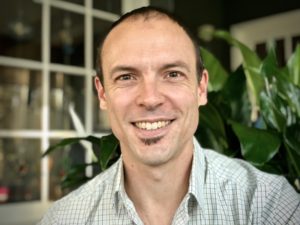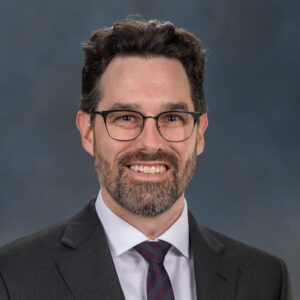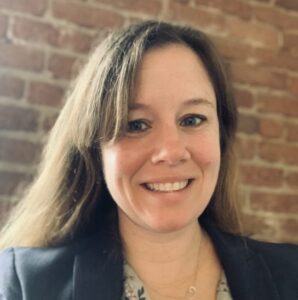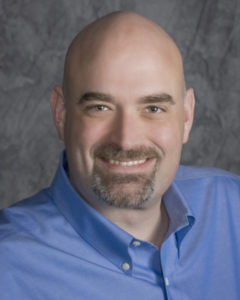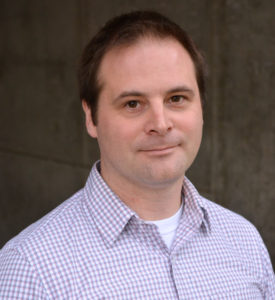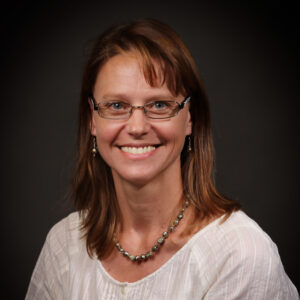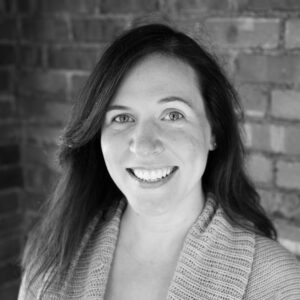Member Directory
-
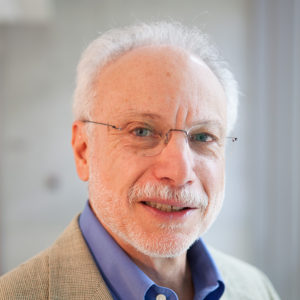
Robert Friedman
Robert Friedman is Vice President for Policy and University Relations at the J. Craig Venter Institute (JCVI). Friedman directs JCVI’s Policy Center, which examines the societal and policy implications of genomics, synthetic biology, and other areas of modern biology and biomedicine. Friedman is also a Professor of Practice at the UC San Diego School of Global Policy and Strategy (GPS) and is a member of the Ad Hoc Technical Expert Group on Synthetic Biology of the international Convention on Biological Diversity.
Earlier, Friedman was a Senior Associate at the Office of Technology Assessment, U.S. Congress (OTA). For 16 years, he advised Congressional committees on issues involving science and technology policy. Friedman received his Ph.D. from the University of Wisconsin, Madison, in Ecological Systems Analysis, concentrating in ecology, environmental engineering, and systems analysis. He is a Fellow of the American Association for the Advancement of Science.
